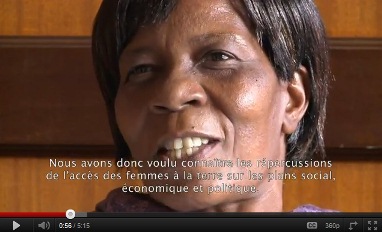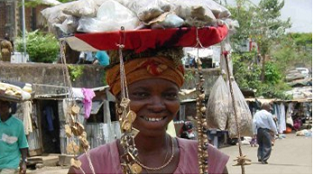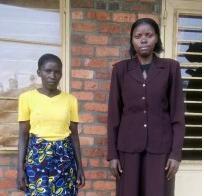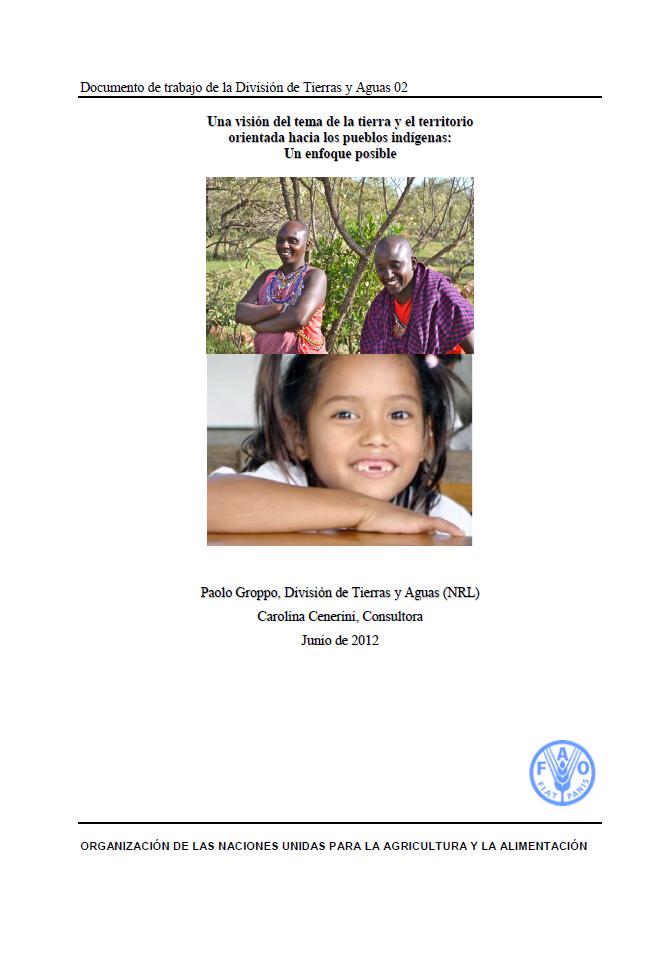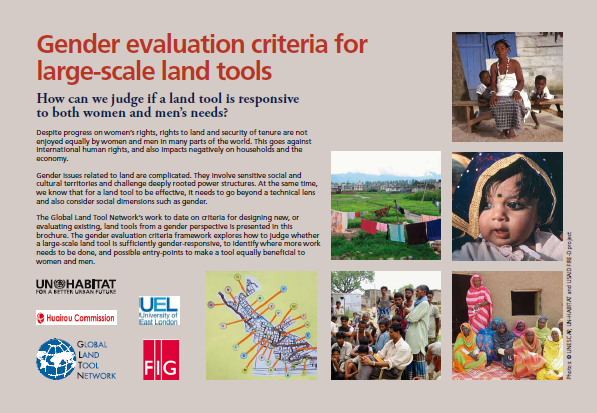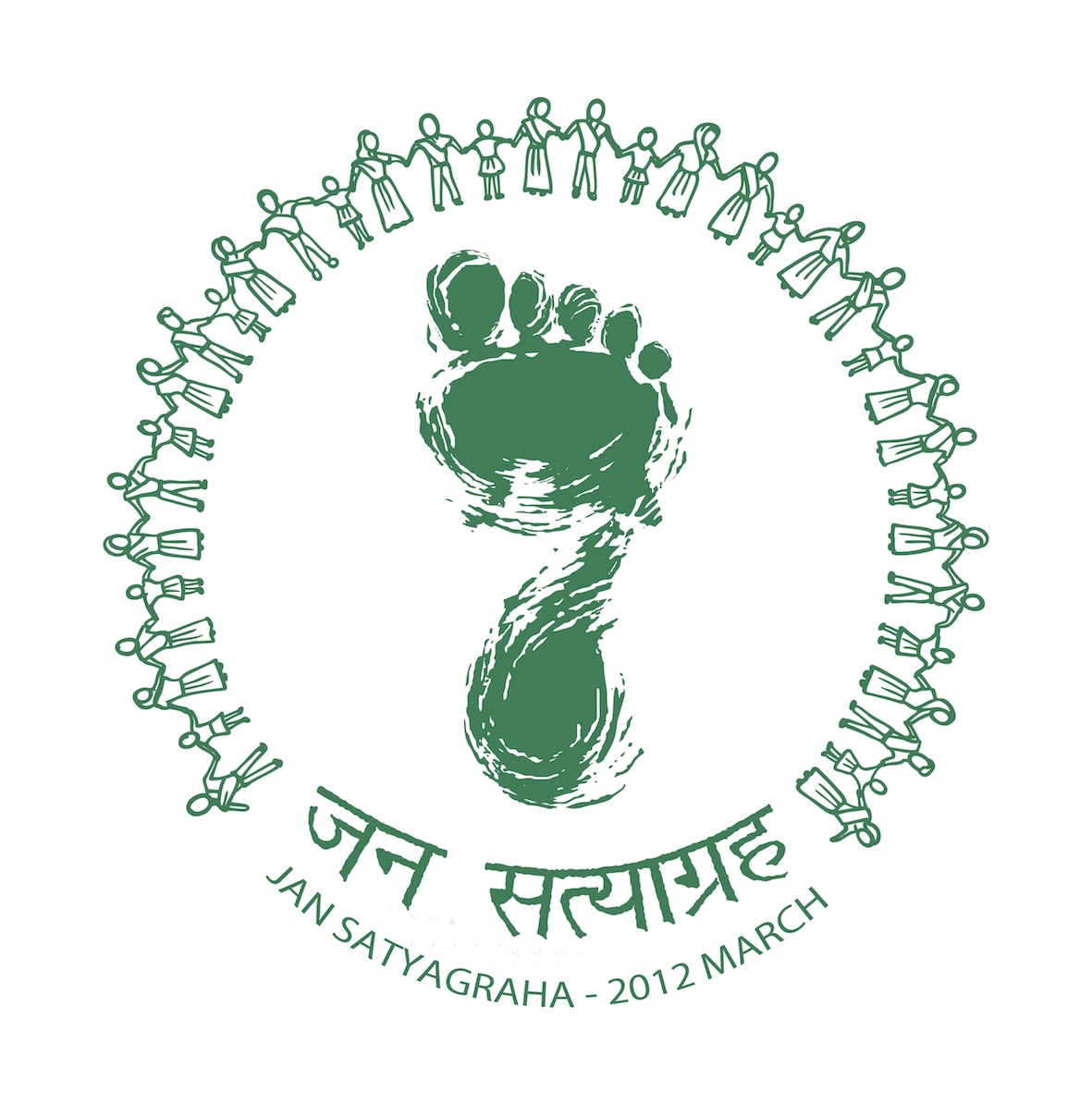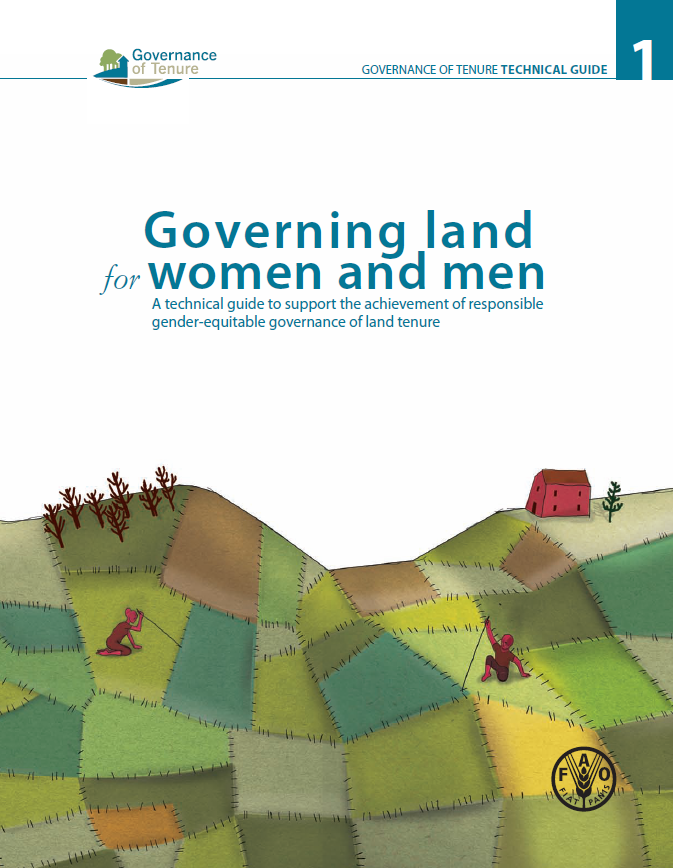In focus - Women and Land - IDRC Conversations with activists, leaders, and researchers on women's land rights
[From Youtube.com] In September 2010, in Nairobi, Kenya, IDRC hosted the policy symposium, Gendered Terrain: Women's Rights and Access to Land in Africa. At this symposium, researchers from across Africa shared their findings and engaged with policymakers. These 11 short videos present valuable insight from some of the symposium's participants.

